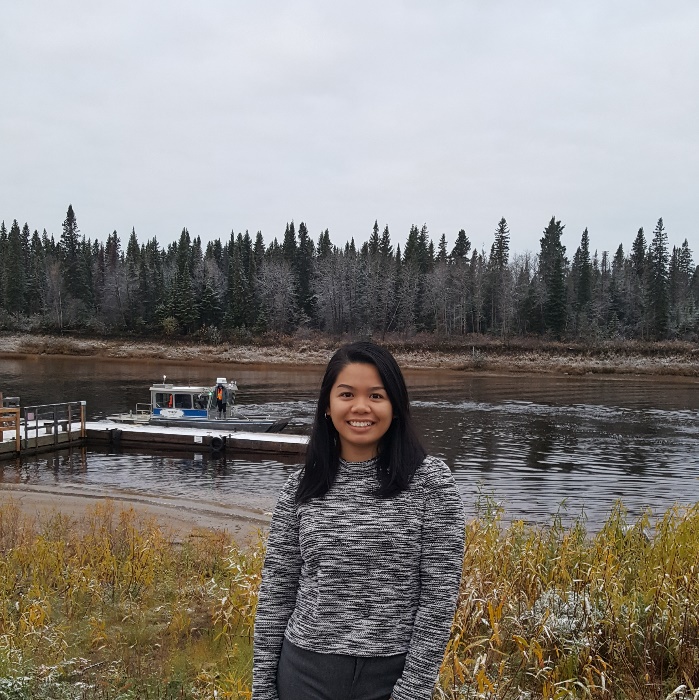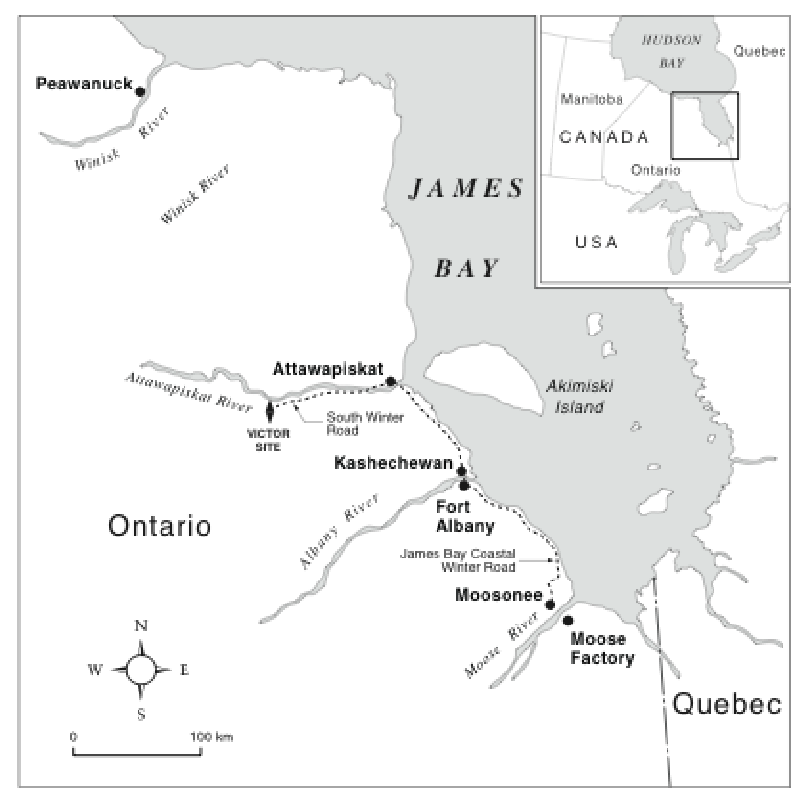Highlighting North West Telepharmacy Solution STUDENTS
With the COVID 19 pandemic, there have been challenges for university students to complete their required on site rotations, while minimizing risk. North West Telepharmacy Solutions and Northern Pharmacy have stepped up to provide virtual and on site rotations for students from the University of Toronto. Their activities have included:
- Discharge medication reconciliation from Weeneebayko General Hospital
- Remote MedsCheck medication reviews
- Research in the use of DOAC’s in a remote indigenous population
- Development of a hypertensive urgency/emergency protocol
- Remote long term care medication reviews
Thanks to our students Brian Linaksita, Peter Zhang, Paulina Rodrigues and Kamran Bahadorani for their efforts.
Building on that success, we will have a University of Waterloo, School of Pharmacy co-op student in Moose Factory/Moosonee, from September-December.
Thanks to all of those who have made this a success and contributing to the education of future pharmacists –Luis Viana, Fareneh Akhtari, Di Wang, Chole Campbell, Theresa Crann, Julianna Tancre, Kevin McDonald, Sammu Dhaliwal.
We’ve got a STUDENT…….Introducing Celine Huab
Wachay! (Hello!) My name is Celine and I am a pharmacy student from the University of Waterloo, currently completing a four-month placement in Moose Factory and Moosonee, Ontario. My residence is across the street from Weeneebayko General Hospital (my current workplace) on Moose Factory Island, and for the first month of my stay I worked at the Northern Pharmacy on the mainland in Moosonee. Each day I travelled back and forth on a boat across the Moose River – an incredibly picturesque commute!
Working at the Northern Pharmacy in Moosonee allowed me to appreciate the complexity of health care delivery in remote communities. We service Moose Factory, Moosonee, and several communities up the west coast of James Bay: Fort Albany, Kashechewan, Attawapiskat, and Peawanuck. Prescriptions are prepared at Northern Pharmacy and flown from the Moosonee Airport on weekdays and only once weekly for our farthest community, Peawanuck. Delayed shipments and lack of face to face interaction with pharmacists and physicians are common barriers to continuity of care in this region.
About 85% of the population in this area are people of the Moose Cree First Nation. The Moosonee locals are friendly, love to laugh, and are happy to teach me bits of their language: I have learned basic Cree phrases and written my (approximate) name in Moose Cree syllabics: ???. Phonetics in the Cree language differ significantly from English, which can explain why many drug names, like gliclazide or rosuvastatin, are hard for patients to remember and pronounce. One of my goals is to work with Cree elders to bridge some of these communication issues.
There are challenges and opportunities in delivering health care to remote communities in Canada. Mutual respect and trust are the cornerstones of cultural competence in health care as we strive towards reconciliation and healing. This invaluable experience of living among and working with First Nations communities will allow me to advocate for improved health care and policies with a more informed perspective. Throughout my career, I will continue to incorporate language, culture, historical narrative, and family and community into holistic patient care, and I hope my stories and insights will inspire my colleagues to do the same.
Meegwetch! (Thank you!)
Celine Huab
???


DISCLAIMER:
This blog provides general information about health-related subjects. The information and other content provided in this blog, website or in any linked materials should not be considered or used as a substitute for medical advice, diagnosis or treatment.
While we strive for the site content to be accurate and reliable, we cannot guarantee that it is error-free or complete.
Please consult your health care provider before making any personal health care decisions or for guidance about a specific medical condition. If you are experiencing a medical emergency, please call 911 or call for emergency medical help.
